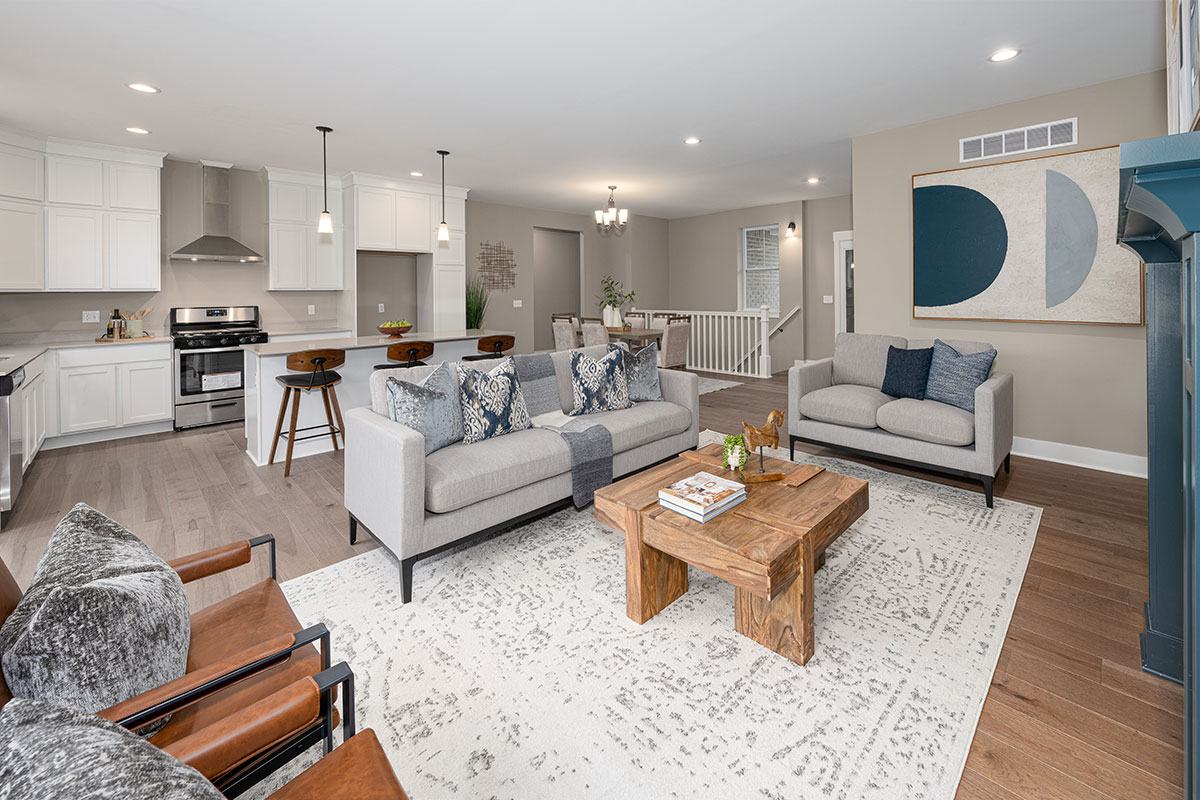If you’ve purchased a large home, vacation property or live in a city where home prices are above the national average, chances are you’ve taken out a jumbo mortgage. You just may not know that’s what it’s called.
Below I share the inside scoop on what a jumbo mortgage is, why you may need one, and how to shop for the one that’s right for you.
What exactly is a jumbo mortgage?
A mortgage is considered “jumbo” if the dollar amount falls above a certain limit. The limit is currently $726,200 for most areas‡; however, it can be greater in certain high-cost regions. Mortgages less than $726,200 typically are called conforming conventional mortgages. Many federal home ownership programs do not apply to jumbo mortgages, and lenders often charge higher rates for jumbo mortgages or have more restrictions on the loan.
If I’m looking to buy a house that cost $726,200 does a jumbo loan apply to me?
Maybe. A number of factors affect the total amount financed. Your down payment, the loan terms and where you’re buying will all influence the size of the loan. These potentially complex issues are why it’s important to work with an experienced mortgage originator as you shop for a mortgage. When you get pre-approved, your mortgage originator will help you understand your situation and how much you can afford. Ultimately, your mortgage will be as unique as your home, so make sure you receive the individual attention you deserve.
How do I shop for a jumbo mortgage? What kind of questions should I be asking?
There are a few important factors to consider as you shop for a jumbo mortgage. For instance, jumbo mortgage limits vary by county within each state and the limit will increase in high-cost regions of the U.S. For example, Missouri and Kansas do not have any high cost counties but Colorado does. Also, there are more rigorous credit requirements and typically higher down payment costs with a jumbo mortgage because of the risk associated with the loan. These loans are not secured by government organizations such as Fannie Mae or Freddie Mac, so the private sector risk is much higher.
Jumbo mortgages also come with unique underwriting guidelines. They may require two appraisals to justify the value, and they may require audited profit and loss statements for self-employed borrowers. Lastly, Interest rates vary on jumbo mortgages, so it’s important to shop around for the best terms that meet your unique needs. Get with your mortgage originator as other terms such as a first and second conforming mortgage may be an option to improve your rate and payment options.
What documents will I need to secure a jumbo mortgage?
Similar to a conforming conventional mortgage, you will need the following documents as you apply for a jumbo mortgage:
- Most recent two years W-2s for anyone whose name will be on the loan.
- Most recent paystubs covering 30 consecutive days.
- Two years of tax returns.
- Statement of assets, such as checking/savings, 401k accounts, mutual funds, investments and, most importantly, the accounts that will fund your down payment.
- Homeowners insurance information.
The lender will also review your credit score and payment history, debt-to-income ratio, and reserves or your liquid funds available after closing.
Throughout this process, remember that your mortgage will be as unique as your home, so make sure you receive the individual attention you deserve.
All home loans are subject to credit and property approval. Not all loan types are available in all states or for all amounts. Other restrictions and limitations apply. Please contact a UMB mortgage loan originator for more information.
UMB Bank n.a. Equal Housing Lender
UMB personal banking solutions offer convenience and simplicity to meet all of your past, present and future financial needs. From home loans to auto financing and everything in between, see how UMB personal banking can work with you to find the right products for your life and lifestyle.
When you click links marked with the “‡” symbol, you will leave UMB’s website and go to websites that are not controlled by or affiliated with UMB. We have provided these links for your convenience. However, we do not endorse or guarantee any products or services you may view on other sites. Other websites may not follow the same privacy policies and security procedures that UMB does, so please review their policies and procedures carefully.





